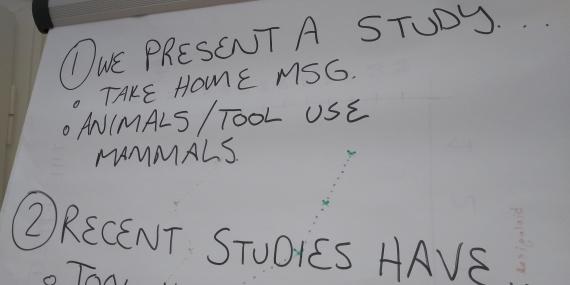

News 2019
Back to current news.
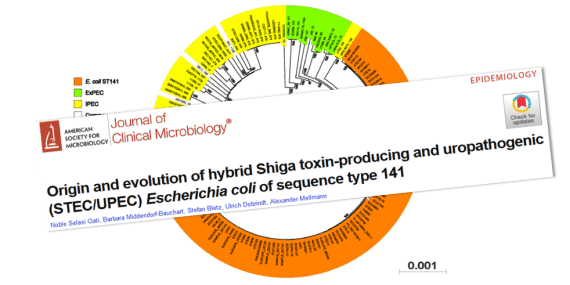
EvoPAD researchers publish study on origin and evolution of hybrid Escherichia coli
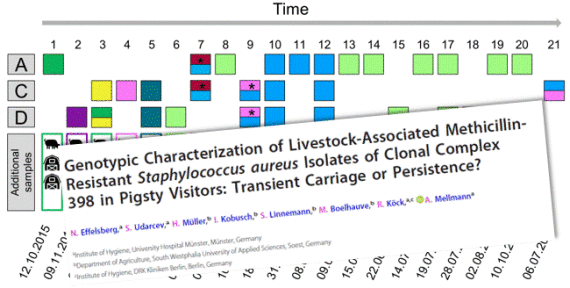
New study on persistence of livestock-associated MRSA colonization in pigsty visitors
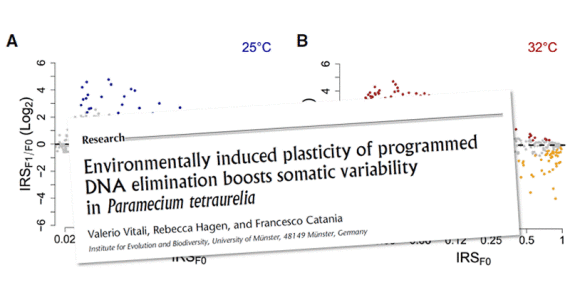
EvoPAD researchers publish study uncovering link between ecological changes and somatic DNA variability
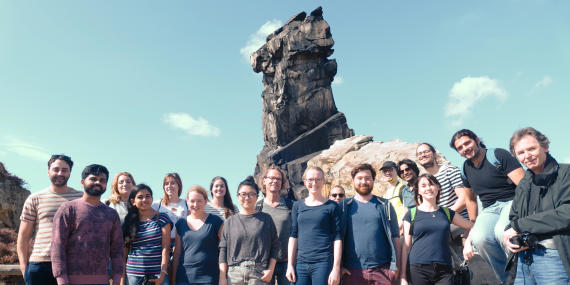
Third EvoPAD summer school
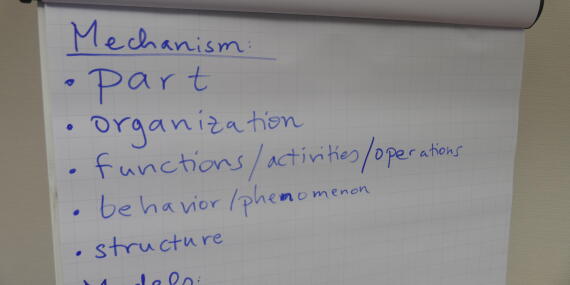
Seminar on Philosophy of Biology
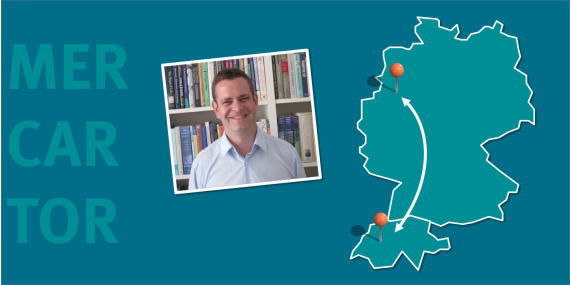
Mercator Fellow Thomas Flatt visited Münster
EvoPAD course "From Experimental Design to Publishing"
From 1 - 4 July 2019, the EvoPAD doctoral students attended a four-day course addressing the process from planning a qualitative research project to publishing the results in a scientific article. The first day, taught by Joachim Kurtz, gave an in-depth introduction to experimental design. On the second day, Helene Richter and Luca Melotti introduced the reproducibility crisis and the students discussed proposed solutions in a Journal Club. The third part, taught by Aaron Isaacs and Monika Stoll focused on statistics and power calculation as well as data collection and management for –omics studies and the ethical guidelines applying to studies using human material. The courses ended with a Q&A session with EvoPAD Mercator Fellow Thomas Flatt on the publishing process and the challenges met during the completion of a PhD on the fourth day.

Seminar on Science and Research Ethics
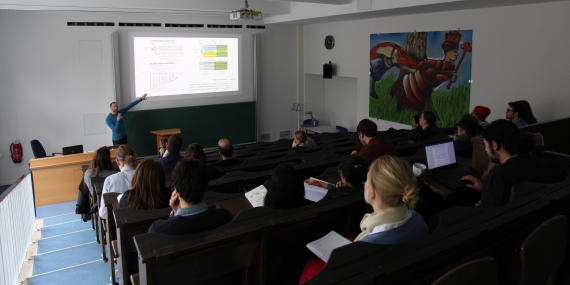
Workshop on Experimental Evolution
